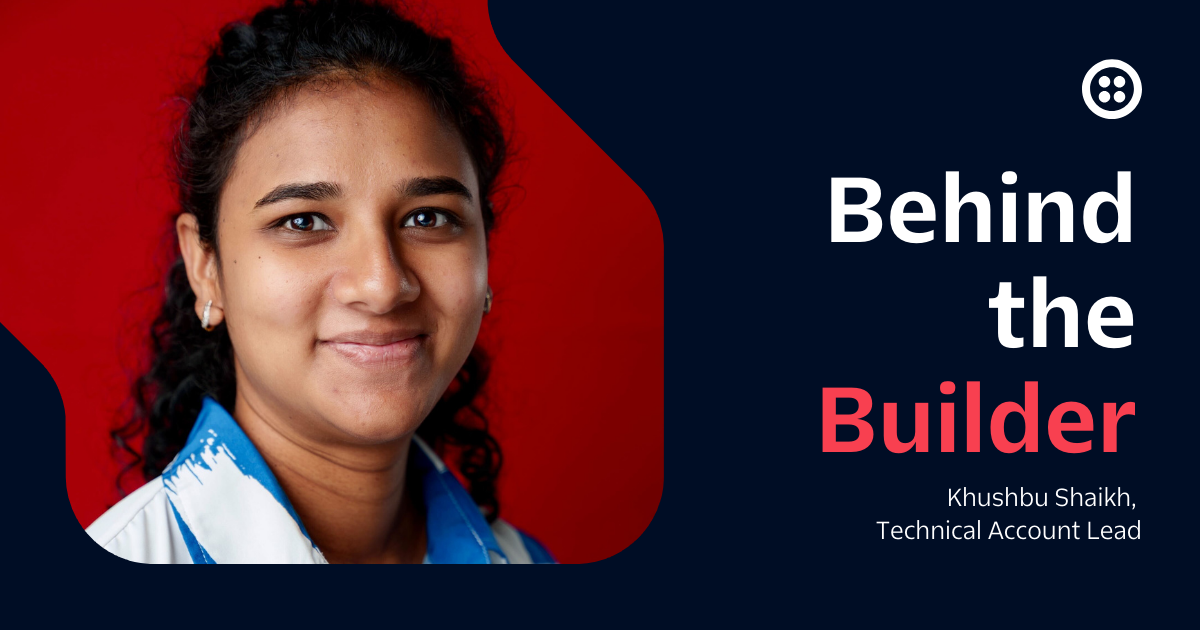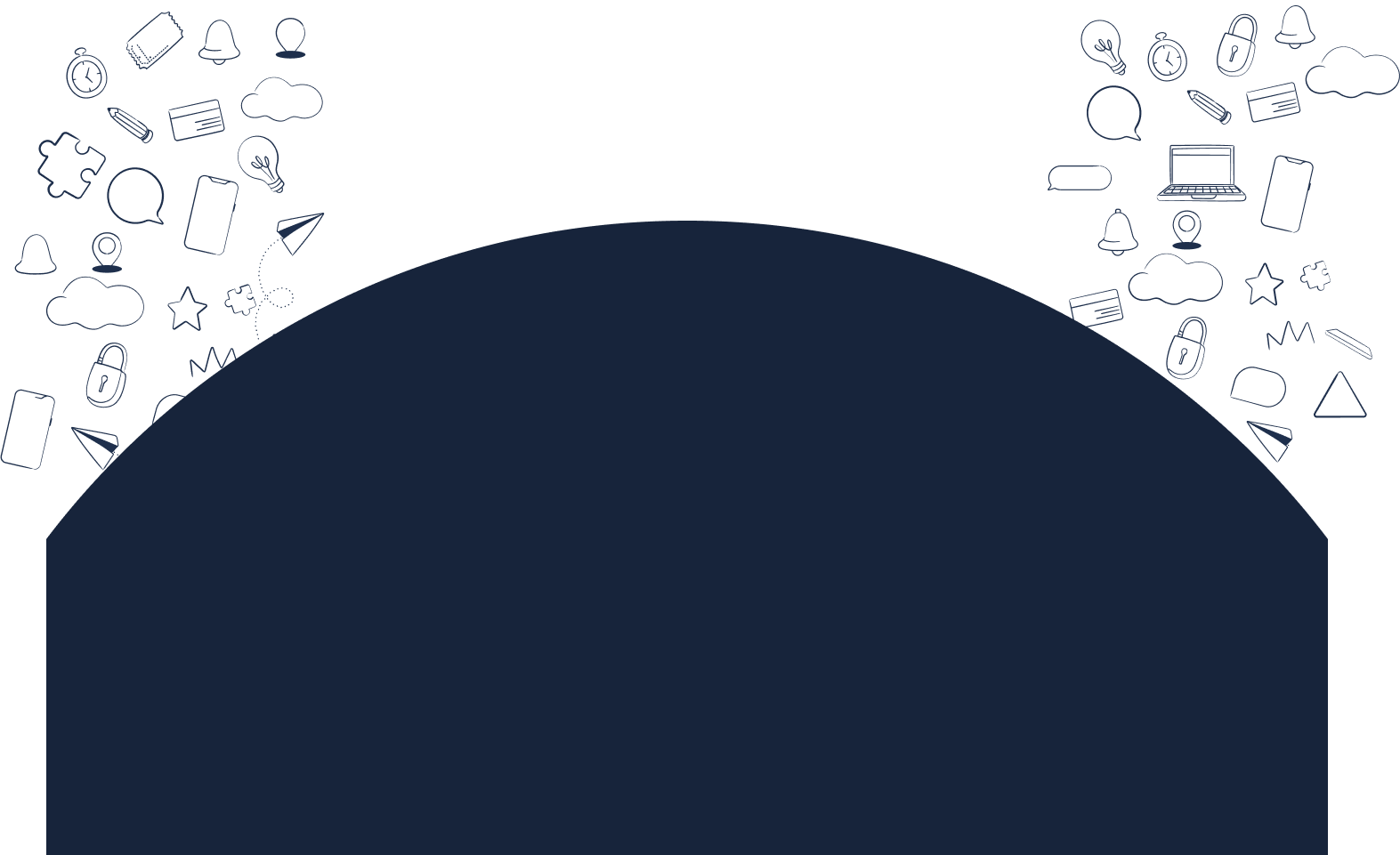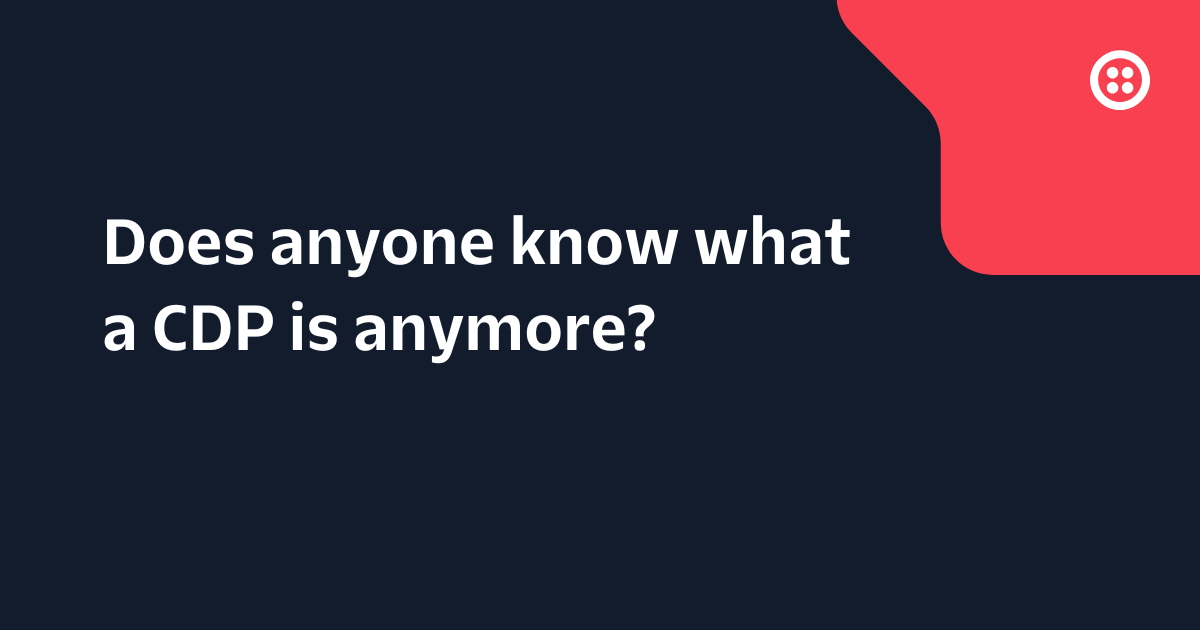Introducing Developer Voices Intern, Hayden Powers
Time to read: 4 minutes

‘What am I doing here?’ I thought, looking over a sea of heads staring at classroom computer screens, none of which even remotely resembled my own. ‘Everyone here is so much smarter than I am. I don’t belong here. I can’t do this.’
Intro to Computer Science: Java I, my very first computer science course at community college, a night class taught by none other than a real software engineer that worked on enterprise applications for the college during regular business hours. I had never met a real software engineer before; in fact, I hadn’t even met an engineer in any capacity before this moment, ever.
No one in my family had even attempted a technical subject like this, nor did they encourage me to do so, yet here I was, taking a computer science course at a college level that I wasn’t even sure I would be able to finish.
However, I did finish, and my main motivator was my instructor, a real software engineer, who made a comment whilst talking about my performance in the class that he likely never realized left an impact on me, “You seem to have a natural talent for this.”
It was from then on that I began to adopt a new (unoriginal) motto: ‘Actually, I can.’
Growing pains
Two years before my very first encounter with computer science, I rage-quit college. My childhood math trauma followed me everywhere I went and it had ingrained in me lifelong feelings of inadequacy. It was the impassable obstacle that stood in the way between me and graduating, and I was just one of the many kids who had been left behind in the American public school system.
After failing another important math exam at my college, I left class that night and unenrolled from my cell phone screen on my walk across the parking lot.

‘Who needs math? I’m not a mathematician, I am an artist!’
For two years I studied the fundamentals of art. I taught myself topics such as color theory, composition, perspective, value, anatomy, and form. I began by selling drawings on index cards for twenty dollars each.
I built an online presence, which led to an influx of inquiries. From social media, referrals, and repeat customers, I was soon sitting at my easel or hunched over my kitchen table, sometimes for over ten hours a day, working on commissions. My work was shown in local galleries and juried art shows, and I even appeared in a San Diego artist magazine article. Within two years of selling my first twenty-dollar index card, I was selling multi-canvas paintings for eight hundred dollars.
Everything was going so well, until it wasn’t.
I made the discovery that art was my own personal escape, and now I felt guilty doing art for my own sake when I had a line of commissions waiting to be finished. Turning a therapeutic activity into a business was starting to affect my mental health, and some of my darkest days ensued.
Cross applicable fundamentals
“From one thing, know ten thousand things.” — Miyamoto Musashi, The Book of Five Rings
As a last-ditch effort to make something of myself, I re-enrolled in college. But not only did I re-enroll, I chose to start with the algebra class that had been keeping me from proceeding in my degree all these years. Little did I know at the time, the professor of this class would change the entire trajectory of my life.
This professor saw something in me that I did not see myself. His way of teaching resonated with me, and he showed me the visual connection between equations and graphs. I was finally able to understand it all.
The fundamentals of art and the fundamentals of mathematics were connected! Perspective is measurement and 3D geometry, light is an omnidirectional vector and carries color as it bounces, gravitational forces affect form and anatomy, and the golden ratio is the gold standard of composition.
A whole new world opened for me, and with my newfound courage, I changed my major for the last time: Computer Science. I charged forward, and took what seemed like an endless stream of math classes and proved myself capable in each of them. By the end of my community college career, I was nominated by some of my math instructors for a Mathematics Excellence Award and scholarship for my performance. I won, and although it was a small feat in the grand scheme of things, it was one of the proudest moments of my life.

Little Hayden would have never guessed her future self would win a math award.
I knew I couldn’t continue this journey alone. After my first computer science class, I vowed to get more involved in the community on campus. I joined clubs, met like-minded peers, and later became the Vice President of the Women in Computer Science club. My involvement in the clubs led my college to offer an internship position working under the very same instructor that taught my first computer science course, where I would be writing technical curriculum for a course redesign initiative they were pursuing to better retain and attract underrepresented groups in the software field. I accepted, and the learning only continued from there.
The next chapter in progress
I find myself now attending my dream university, UC Irvine, and with an intern position at Twilio, a technology company that values and encourages creativity. I could not be more grateful and excited for the opportunities presented to me and for what lies ahead, and I continue to surprise myself every day with what I am capable of doing.
I want to learn the most effective ways to connect and resonate with those who read my content, starting always with the fundamentals. I aim to teach in an accessible way for all learners so that we can build and win together. And most of all, I hope to pay forward the empowerment I received from my old instructors to those who may have also felt like they didn’t belong. It’s an arduous journey, but you’re right on time and we’ll walk through it together, step by step.
I sincerely cannot wait to see what we build!
Hayden Powers is a Developer Voices intern on Twilio’s Developer Network team. She enjoys enthusing over creative ideas and endeavors, and hopes you will reach out to her with yours at hpowers[at]twilio.com or on LinkedIn.
Related Posts
Related Resources
Twilio Docs
From APIs to SDKs to sample apps
API reference documentation, SDKs, helper libraries, quickstarts, and tutorials for your language and platform.
Resource Center
The latest ebooks, industry reports, and webinars
Learn from customer engagement experts to improve your own communication.
Ahoy
Twilio's developer community hub
Best practices, code samples, and inspiration to build communications and digital engagement experiences.


